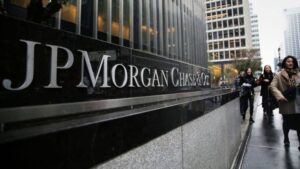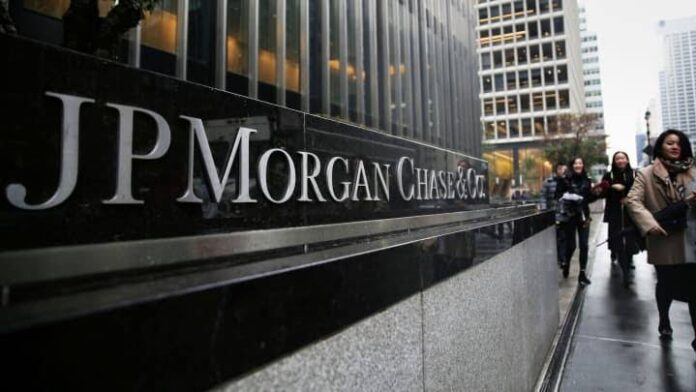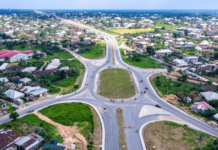A U.S. court has authorized Nigerian businessman Louis Emovbira Williams to withdraw $21 million from Nigeria’s bank account with JP Morgan. This ruling comes after a long legal battle stemming from a food importation deal that went wrong in 1986, resulting in significant financial losses for Williams.

U.S. District Judge Liman Lewis rejected Nigeria’s request to dismiss Williams’ complaint in August. The businessman claimed he was defrauded of $6.5 million by the Nigerian government and was later tortured by the State Security Service (SSS) when he attempted to recover his funds. After being imprisoned for three years on charges of “economic sabotage,” he received a presidential pardon in 1993 from then-military leader Ibrahim Babangida.
Despite a guarantee from the Nigerian government to pay him approximately $6.5 million plus interest, the funds were never disbursed. This led Williams to seek legal recourse, resulting in a UK court ordering Nigeria to compensate him. In 2018, a UK judge allowed the seizure of $21.2 million from Nigeria’s account with JP Morgan.
Williams argued for his right to the funds before the Supreme Court of New York in his recent court proceedings. However, the Central Bank of Nigeria (CBN) sought to move the case to a lower court, claiming sovereign immunity, which protects a state from being sued in foreign courts.
Judge Liman dismissed Nigeria’s sovereignty argument, stating that the country had waived its immunity when it issued the Fidelity Guarantee to Williams in 1993. This guarantee indicated that the Nigerian government could not invoke sovereign immunity against Williams to avoid paying the owed amount.
“Both the Nigerian State and CBN must be deemed to have waived any immunity from levying execution on the amount kept in the name of CBN or the State of Nigeria,” he stated in his ruling. He emphasized that the guarantee allowed Williams to pursue his claims in any court, thus affirming his entitlement to the seized funds.
Despite this setback, the Nigerian government plans to appeal the ruling in the Second Circuit Court of Appeals in New York. This comes after Nigeria lost a similar case in the U.S. Court of Appeals for the District of Columbia, where the court permitted Chinese investors to seize Nigerian assets due to a failed trade agreement.
Williams has expressed that the recovered funds would be used to improve children’s health and education in Nigeria. His case highlights ongoing concerns about Nigeria’s international reputation, as multiple courts in countries like France, the UK, and Canada have also ruled in favour of confiscating Nigerian assets abroad.
As this legal battle continues, it raises questions about the Nigerian government’s handling of international business disputes and its obligations to foreign investors. The outcome of the appeal could set significant precedents for future cases involving sovereign immunity and financial accountability in Nigeria.




